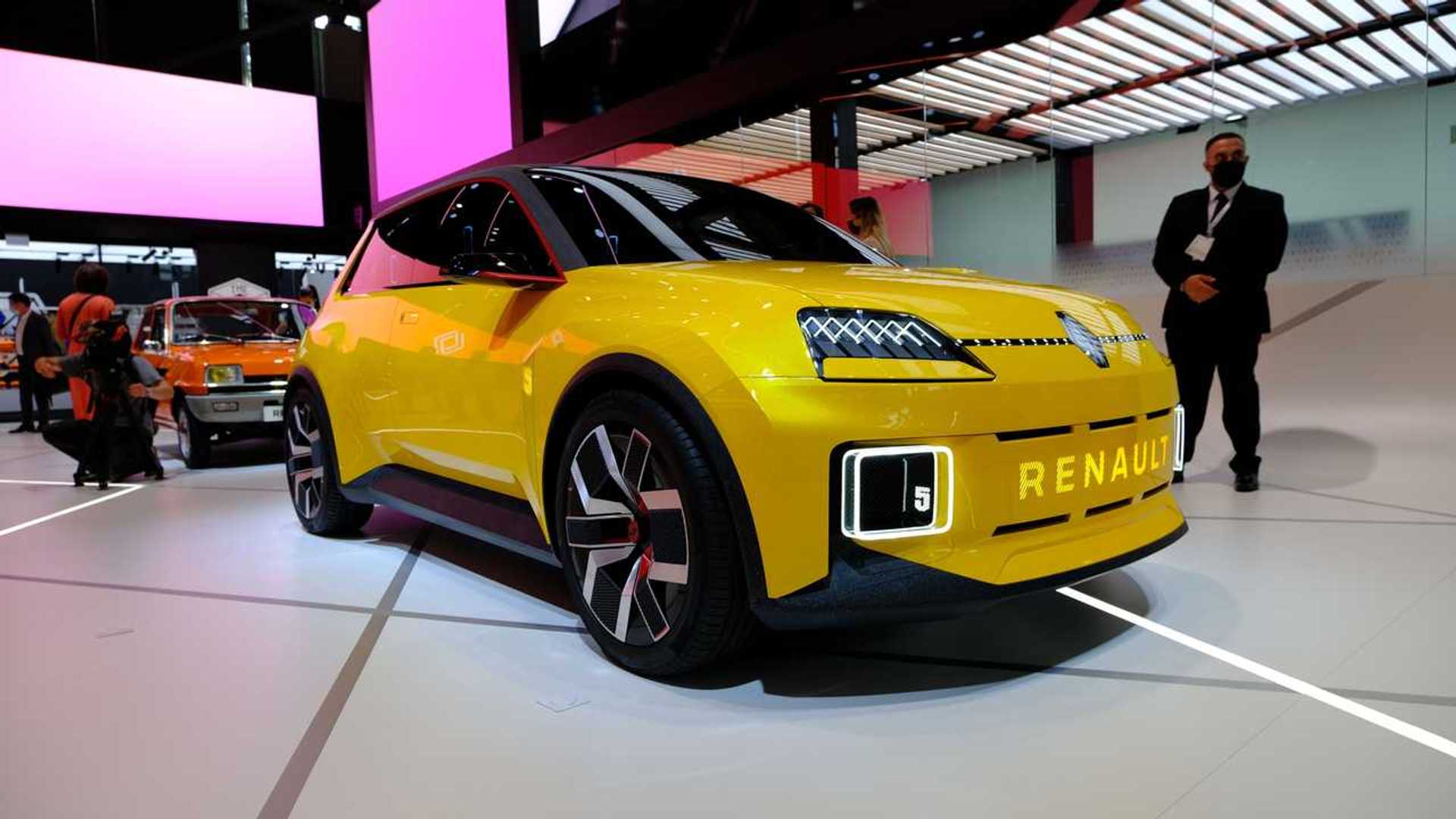
Renault, Nissan and Mitsubishi will reportedly announce a $23 billion plan later this week to triple their investment to jointly develop electric vehicles.
The French-Japanese alliance is expected to announce on Thursday that it will invest more than €20 billion ($23 billion) over the next five years on EV development. That is in addition to the €10 billion the alliance has already spent on electrification.
According to Reuters, which cites two people with knowledge of the plan, Renault and its alliance partners will launch more than 30 new models through 2030 underpinned by five common platforms. These platforms are expected to cover 90% of EVs the companies are expected to develop and launch by 2030.
The alliance has developed and partly deployed four common EV platforms, including CMF-EV, which underpins cars such as the Renault Megane E-Tech compact car and the Nissan Ariya compact SUV.
Gallery: Renault 5 EV Prototype at IAA 2021







Another platform supports affordable EVs, including the Dacia Spring city car and similar models from Nissan and its Chinese partner Dongfeng. The other two platforms are for kei cars in Japan and light commercial vehicles.
By mid-decade, Renault, Nissan and Mitsubishi aim to launch a fifth common platform for small EVs designed by the French carmaker, the same sources said. Called CMFB-EV, the architecture will underpin the next-generation Nissan Micra EV and a full-electric Renault 5 small car by 2024. Another small vehicle inspired by the classic Renault 4L—likely an SUV—could also use the platform.
According to the same sources, the automakers hope to make compact EVs as affordable as gasoline-powered vehicles of the same size. They will attempt to achieve that by using common batteries, including solid-state lithium-ion battery tech developed by Nissan, and other key components.
The alliance plans to jointly invest in capacity to produce in France, UK, China and Japan a total of 220 GWh of battery capacity by 2030 under the plan. By standardizing and sharing batteries, the automakers expect to halve battery manufacturing costs.
Dubbed “Alliance to 2030” according to one of the sources, the plan was supposed to be announced last autumn at an event in Japan. However, the announcement was postponed until this week because of a surge in Covid-19 cases in Japan.







